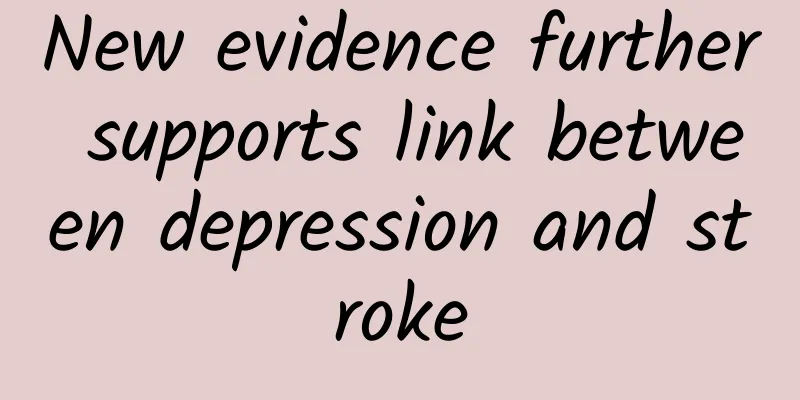New evidence further supports link between depression and stroke

|
For several years, researchers have found a consistent correlation between depressive symptoms and increased risk of stroke. A new U.S. study provides more evidence for this link, providing data from a longitudinal research project investigating whether race factors into the depression/stroke relationship. Researchers have struggled to understand the link between depression and stroke risk. It's fair to assume that the link is underpinned by other, more causal, stroke risk factors. For example, depression can lead to unhealthy behaviors that increase the risk of conditions like diabetes and high blood pressure, which can certainly increase a person's risk of a stroke. A 2012 meta-analysis suggested that depression’s effects on stroke risk “may be independent of other risk factors, including hypertension and diabetes.” A more focused 2014 systematic review further supported the idea that depression can increase stroke risk, independent of any “clinically overt cerebrovascular and cardiovascular disease.” Further evidence of a neurophysiological relationship between depression and stroke can be seen in a condition called post-stroke depression. One-third of stroke patients have features of post-stroke depression, a condition that increases the risk of death after a stroke by 10 times. "There are many well-known risk factors for stroke, such as high blood pressure, diabetes and heart disease; but we're beginning to learn that there are nontraditional risk factors as well, and depressive symptoms are high on that list," explained Virginia Howard, senior author of the new study. The new research stems from a longitudinal study called Causes of Geographic and Racial Differences in Stroke that began in 2003. One of the goals of the project was to understand whether depression plays a role in the higher incidence of stroke among black Americans. In the new study, nearly 25,000 participants were measured for depressive symptoms using a scale called the CES-D-4, which rates depression on a scale between 0 and 12. Scores above 4 on the scale are generally considered symptoms of depression. During an average follow-up of nine years, those participants who scored between 1 and 3 on the depression scale were 39% more likely to suffer a stroke than those in the cohort without reporting depression, while those who scored 4 or more on the scale were 54% more likely. Perhaps most importantly, the study did not find any differences in the association between depression and stroke risk between different racial groups. This suggests that symptoms of depression can be considered an independent risk factor for stroke across different racial and ethnic populations. All of this means that doctors should recognize that depression is a significant risk factor for stroke and should consider its association with stroke risk in routine patient health screenings, Howard suggested. "The standard questions in the typical physician/patient encounter need to be updated to include questions about depressive symptoms," Howard said. Physicians in primary care, internal medicine and geriatric medicine need to consider asking their patients about depressive symptoms. The new study was published in the journal Neurology: Clinical Practice. |
<<: What is mousse cake? How to make yogurt mango mousse cake
>>: What is Tiramisu? Is Tiramisu high in calories?
Recommend
What to do if the breast duct is blocked and the milk supply is low
Insufficient milk supply after childbirth is a si...
Can I eat infant formula during menstruation?
Infant milk powder is a formula milk powder speci...
Lu Lin: The problem of adolescent depression requires the attention of the whole society | World Mental Health Day
Lu Lin's nationwide survey shows that the pre...
Where to apply for Beijing Health Code and how to use it
The Beijing Health Code is now online and can be ...
Is it normal if the vaginal discharge smells fishy?
Leucorrhea is a liquid that is secreted from the ...
15 days after giving birth, a blood clot fell out
After giving birth, many female friends will enco...
Why is my aunt so irritable during her period?
Why do you feel bad during your period? No matter...
Severe dizziness during menstruation
For many female friends, there will always be man...
My skin is so bad after taking birth control pills
Generally speaking, long-term use of birth contro...
How to prevent cervicitis?
Women are very afraid of suffering from gynecolog...
How long does it take for menstruation to be normal?
After giving birth, mothers who have undergone ce...
Is it better to have more or less vaginal discharge?
Leucorrhea is a common private discharge in women...
What should I do if I have sex one week after the IUD is removed?
There are many contraceptive methods now, and wea...
Breast cancer bone metastasis success case
When it comes to cancer, everyone is worried beca...









